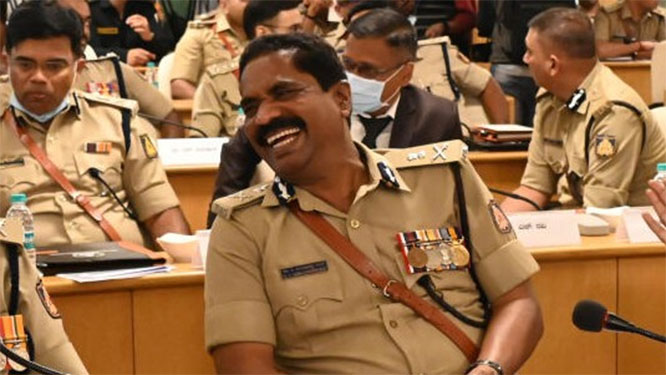15-year-old Indian-American Gitanjali Rao, a "brilliant" young scientist and inventor, has been named by TIME magazine as the first-ever 'Kid of the Year' for her "astonishing work" using technology to tackle issues ranging from contaminated drinking water to opioid addiction and cyberbullying.
Ms Rao is daughter of Mangaluru origin couple Rama Rao and Bharathi settled in Denver, Colorado, USA.
"The world belongs to those who shape it. And however uncertain that world may feel at a given moment, the reassuring reality seems to be that each new generation produces more of what these kids have already achieved: positive impact, in all sizes," Time said.
Ms Rao was selected from a field of more than 5,000 nominees as TIME's first-ever 'Kid of the Year'. She was interviewed by actor and activist Angelina Jolie for the TIME special.
"Observe, brainstorm, research, build and communicate," Ms Rao told about her process during a virtual talk with Ms Jolie from her home in Colorado.
She spoke about her "astonishing work using technology to tackle issues ranging from contaminated drinking water to opioid addiction and cyberbullying, and about her mission to create a global community of young innovators to solve problems the world over.
"Even over video chat, her brilliant mind and generous spirit shone through, along with her inspiring message to other young people: don't try to fix every problem, just focus on one that excites you," Time said.
"If I can do it," she said in the interview, "anybody can do it."
Ms Rao said her generation is facing many problems that they have never seen before.
Meet TIME's first-ever Kid of the Year https://t.co/8ExwjanZfE pic.twitter.com/UkPscbp63H
— TIME (@TIME) December 3, 2020






Comments
iam btech student from kerala,india. very inspired the work.
Add new comment